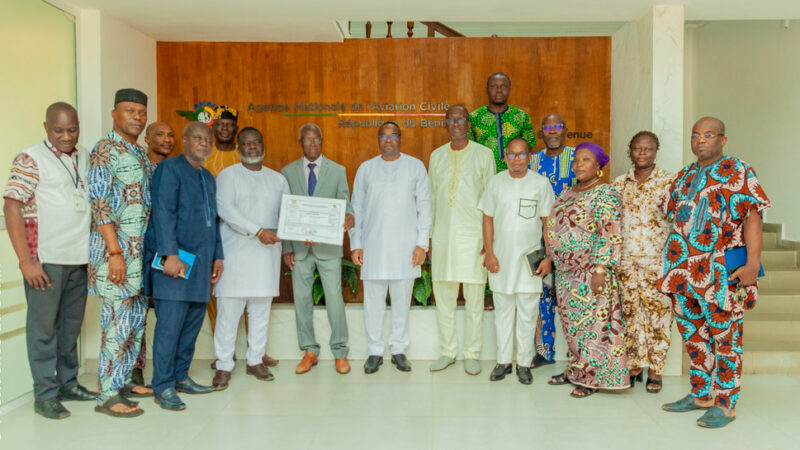IMO to implement laws to curb shipping emissions

The International Maritime Organization (IMO) has officially agreed to implement a legally binding plan starting in 2028 to reduce greenhouse gas (GHG
The International Maritime Organization (IMO) has officially agreed to implement a legally binding plan starting in 2028 to reduce greenhouse gas (GHG) emissions from ships worldwide. This initiative is part of the global push to reach net-zero emissions in the maritime industry by around 2050.
The IMO plan still represents a significant shift. It introduces a form of emissions pricing—ships will be charged; $100 per metric tonne of emissions above a certain threshold, and $380 per tonne for emissions from traditional, high-carbon fuels. By 2028, all ships will need to either use cleaner fuel alternatives or pay emissions fees, encouraging a transition away from fossil fuels in international shipping.
Concerns
The plan was supported by 63 countries, with 16 countries including Uganda, Egypt, Liberia, Madagascar, Seychelles, and Ghana voting against. These African nations, aligning with Pacific Island states, voiced dissatisfaction with the deal, arguing that it does not go far enough to address the climate emergency or ensure fair support for the most vulnerable nations.
Their main concerns centered on the lack of a strong carbon pricing structure and the absence of concrete commitments for sharing revenue generated from emissions-related fees. These countries emphasized that any climate deal must also address food security, resilience building, and equitable financial support for developing economies.
A coalition of Caribbean, African, Central American countries, and the United Kingdom also recommended a universal emissions levy with revenues directed toward nations hardest hit by climate change.





